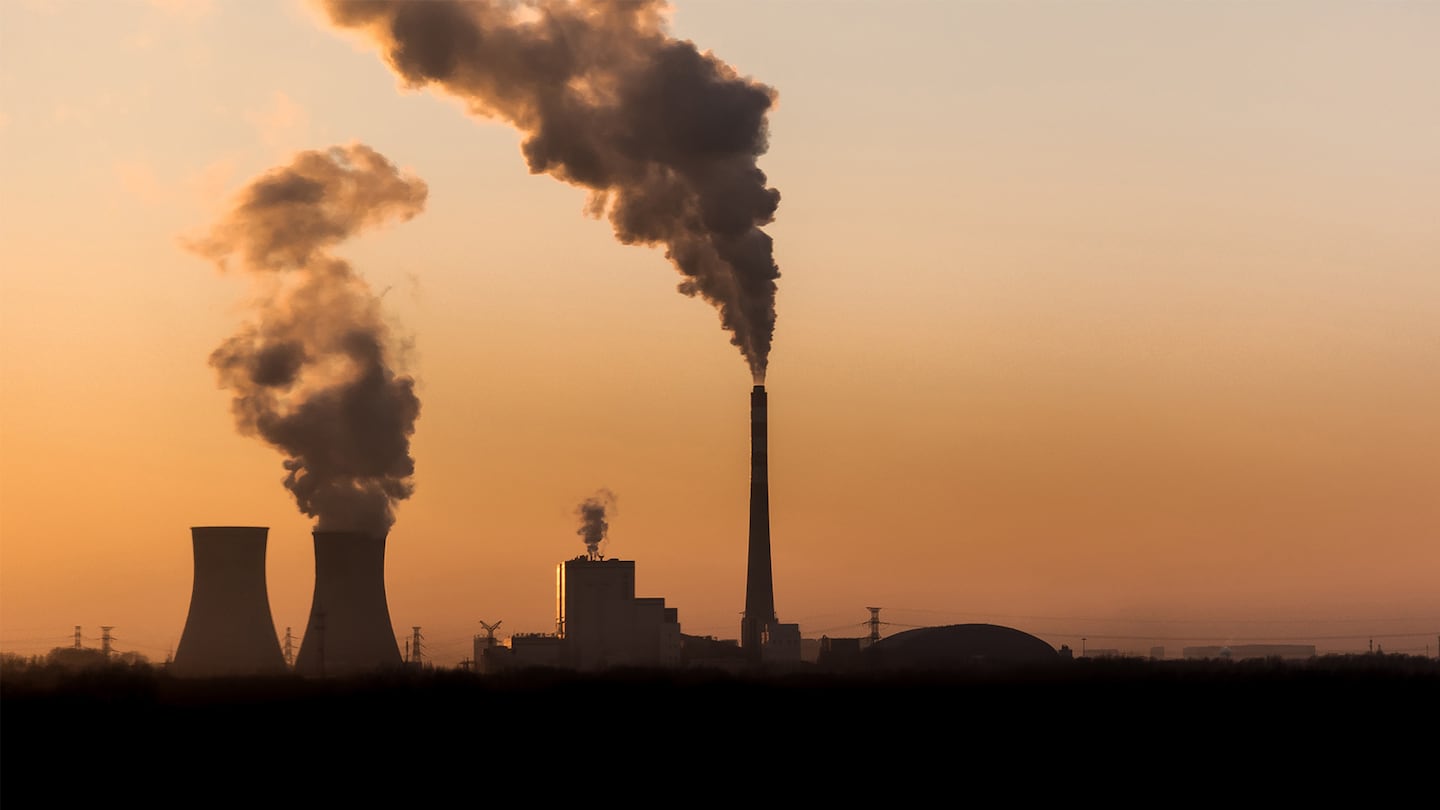
The Business of Fashion
Agenda-setting intelligence, analysis and advice for the global fashion community.

Agenda-setting intelligence, analysis and advice for the global fashion community.

Sustainability analytics platform Higg Inc. has rebranded as Worldly, distancing the start-up from a greenwashing scandal that engulfed the suite of data tools it was built to host last year.
The company was initially spun out of the Sustainable Apparel Coalition, the industry trade group responsible for creating a widely used suite of sustainability metrics known as the Higg Index. It launched as a data management platform in 2019 and early last year raised $50 million from a group of impact funds with an eye on expansion into other consumer goods sectors.
But its momentum was challenged by a high-profile controversy over the quality of the Higg Index’s material impact data. An effort by the SAC to encourage brands to use the tool to market the environmental credentials of products was put on hold last June, after Norway’s consumer authority concluded it had the potential to mislead consumers.
Sharing a name with the Higg Index has been “confusing for our customers and stakeholders,” Worldly said in a statement. The rebrand is intended to eliminate that confusion and reflect the company’s expansion into new data gathering and analytics capabilities, it said.
ADVERTISEMENT
Alongside the rebrand, Worldly launched a new data tool to help streamline and speed up the process of collecting primary data on environmental impact from factories. At the moment, such information is largely gathered by manually adding data to spreadsheets once a year. Worldly’s new data collection platform allows suppliers to upload information on production volumes, emissions, waste and water more frequently, in turn making it easier to track and manage sustainability programmes, Worldly said. The company has also partnered with inspection and certification business SGS to provide third-party verification of the data.
It’s the first step towards delivering on more ambitious innovations to further automate and improve data collection.
”We realised we need tools that are collecting data in near-real time,” said Worldly chief technical officer John Armstrong. “We really think this tool will help... close data gaps and give more reliable high integrity data that people feel confident to track change.”
Learn more:
Can Fashion’s Favourite Sustainability Standard Be Saved
At its annual meeting the Sustainable Apparel Coalition sought to move past a greenwashing controversy that’s exposed the limits of the fashion industry’s efforts at self-regulation.
The trial of Colombian designer Nancy Gonzalez for smuggling alligator and snakeskin handbags into the US shone a rare public spotlight on the trade in the exotic skins used for some of fashion’s most expensive and controversial products.
Europe’s Parliament has signed off rules that will make brands more accountable for what happens in their supply chains, ban products made with forced labour and set new environmental standards for the design and disposal of products.
Fashion’s biggest sustainable cotton certifier said it found no evidence of non-compliance at farms covered by its standard, but acknowledged weaknesses in its monitoring approach.
As they move to protect their intellectual property, big brands are coming into conflict with a growing class of up-and-coming designers working with refashioned designer gear.